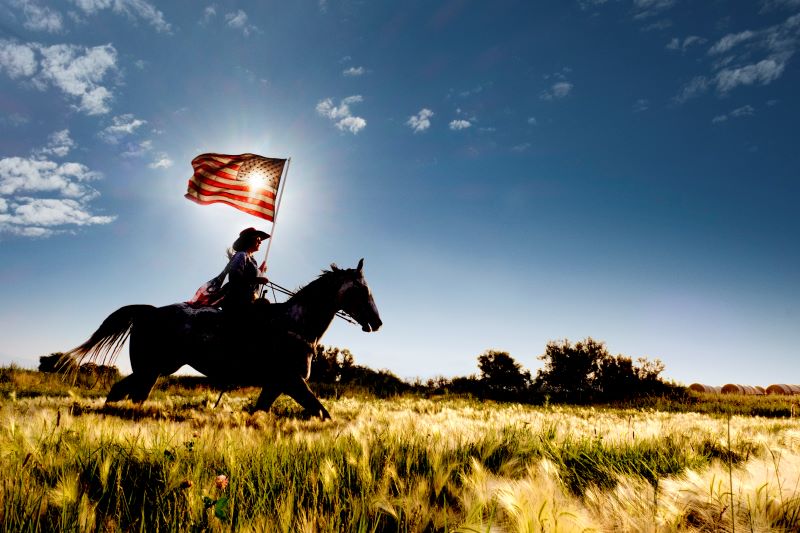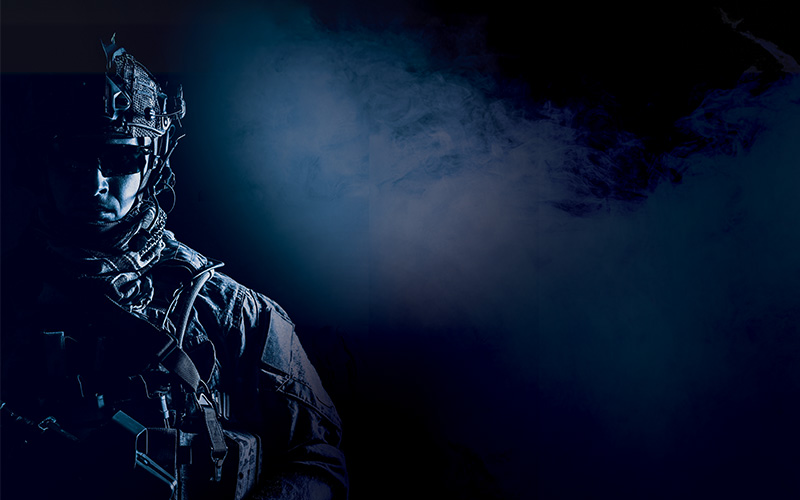The Forgotten Pandemic
Sign up for a six month free
trial of The Stand Magazine!
(Editor's Note: This article was first published in the March 2022 print edition of The Stand.)
“I fell off of a roof,” said Adam Comer. “The doctors introduced me to prescription pain medication, and instantly, I had the feeling of ‘This is what I have been missing my whole life.’ From there began the destructive path of pursuing that feeling. I ended up losing everything, and my life spiraled out of control.”
Comer’s misstep on a roof one day changed everything.
For Robby Gallaty, it was being in the blind spot of an 18-wheeler while traveling home from work.
“[At] 65 miles per hour, [the truck driver] came across two lanes of traffic and slammed my car into the guardrail,” Gallaty said. “My seat broke off the hinges, my seat belt locked, and my back torqued. I herniated two discs in my neck and two discs in my back.
“And I went to the doctor, and they sent me home with four things: Oxycontin, Valium, Soma, and Percocet. And you know the story. … I started to take the drugs every four to six hours for pain, and I’m hooked on pharmaceutical drugs. …
“And I have to find a way to fuel this insatiable desire. I have to get high. I took my first ecstasy pill. … I moved to taking GHB, Special K (which is not a cereal), marijuana, and some other things. But then eventually I started to [buy and] sell [street] drugs … and make money to fuel … [my] habits. … [Before long], I have a $180 a day heroin and cocaine addiction.”
The addiction
Comer and Gallaty are not alone. The way their addiction began is all too common and increasingly, yet quietly, becoming the norm.
In 2020, over 142 million opioid prescriptions (controlled pain medication) were dispensed in the United States, according to the Centers for Disease Control and Prevention (CDC). This was the lowest national dispensing rate in 15 years, but the dispensing rate for certain areas of the country remained extremely high.
“While the overall opioid dispensing rate in 2020 was 43.3 prescriptions per 100 people, some counties had rates that were nine times higher than that,” the CDC reported.
And it’s not just adults who are being prescribed these medications.
The addicted
According to the Michigan Medicine Health Lab at the University of Michigan, “Children and young adults who have pain from surgery, dental care, and other conditions are often prescribed opioids.” In fact, “roughly four million opioid prescriptions [were] dispensed to kids and young adults under age 21 in 2019.” Half of these prescriptions are considered high risk because of their possible adverse effects.
In a stirring column for The Daily Signal titled “We Are Losing the War for Our Children,” American commentator and television host Armstrong Williams wrote about the impact that unnecessary medical procedures, such as knee operations, are having on children.
“Apart from the long-term medical consequences of knee surgery, which often result in subsequent operations and restricted mobility for the rest of a child’s life, it also results in drug addiction,” Williams said. “The highly addictive medications such as Oxycontin and Percocet are given to children as young as 13 years old. They need more of a fix as soon as they complete their doctor-prescribed dose, which leads them to cheaper and more powerful alternatives such as heroin.”
Although both Comer and Gallaty were in their early 20s when they were prescribed opioids to manage their pain, it’s the exact same scenario.
“The opioid crisis in America is devastating this country,” Comer told The Stand in late 2021. “More Americans died last year (2020) from drug overdoses than the entire 14-year Vietnam War era.
“The addiction crisis throughout the whole world – whether it be opioids, alcohol, porn, meth, video games, etc. – is absolutely a forgotten pandemic.”
The alarm
Due to the initial outbreak of COVID in 2020, the term pandemic is now a common household term. Merriam-Webster defines a pandemic as “an outbreak or product of sudden, rapid spread, growth, or development.” While it is obvious that a deadly virus is sweeping the whole world, what is rarely noticed and often suppressed is the public health emergency of drug abuse, addiction, and overdoses.
“Just last year, overdose deaths skyrocketed 30% from the previous year,” Comer said. “[The number] went from 71,000 to 93,000 daughters, sons, mothers, fathers, brothers, sisters, and loved ones who lost their lives in 2020.”
“Much is made of the fatal COVID-19 outbreak, and rightly so,” Williams wrote, “but with all the attention that COVID-19 receives, shouldn’t we be concentrating just as much, if not more, on the soaring number of young children dying of drug overdoses in our country?”
The answer
Regardless of age, “the addiction pandemic is getting worse and worse, not better,” Comer explained. “Because addiction is also a spiritual issue, it is time we take back our authority from the secular world,” and it is time for the church to get involved.
Comer, an ordained pastor and CEO of S2L Recovery (S2Lrecovery.org), and Gallaty, pastor of Long Hollow Church in Tennessee, are both now living abundant lives in Christ and firmly believe that it is impossible to overcome an addiction without Him. They do not negate the medical and clinical components of recovery. They just know from experience that Christ must be at the center of it all for real recovery. … Only He is the cure for this forgotten pandemic.
The Forgotten Pandemic documentary
In an effort to draw attention to what has quietly become a pandemic in America, S2L Recovery and its CEO Adam Comer created a 40-minute documentary, titled The Forgotten Pandemic, about opioid addiction.
“We felt the Lord was calling us to make a documentary about the effectiveness of Christ-centered addiction recovery,” Comer told The Stand. “Our ‘yes’ was on the table, and God began to open doors, and we were able to interview people such as Zach Williams, Mark Hall (Casting Crowns), pastors, politicians, doctors, therapists, and other people who have been set free from a life of addiction.” Pastor Robby Gallaty of Long Hollow Church is also featured in the film.
Comer hopes that the documentary will move people “from the rooms of recovery to the revival of a nation.” He wants to encourage and inspire men and women who are in recovery, and he wants to embolden the body of Christ to be a part of addiction recovery.
“We must treat addiction the way God tells us to treat all sin – with repentance and sanctification,” Comer said. The film also focuses on a person’s identity in Christ and how he must come to see himself as an image-bearer of Christ instead of an addict forever.
Because the focus of the film is very direct in presenting Christ-centered recovery as the only sure path to freedom, it seems to completely negate the effectiveness of any secular programs. However, there are those who attest to God using programs such as AA to start them on the road to lasting recovery in Christ.
▶ To rent or buy the film for online streaming, visit theforgottenpandemic.com.
▶ For related resources, visit S2L.net.
▶ For more information about an all-male Christ-centered residential recovery program, visit S2Lrecovery.org or call 888.241.8546.
▶ To hear Robby Gallaty’s powerful testimony, visit longhollow.com/
robby-gallatys-testimony.

Sign up for a free six-month trial of
The Stand Magazine!
Sign up for free to receive notable blogs delivered to your email weekly.


















